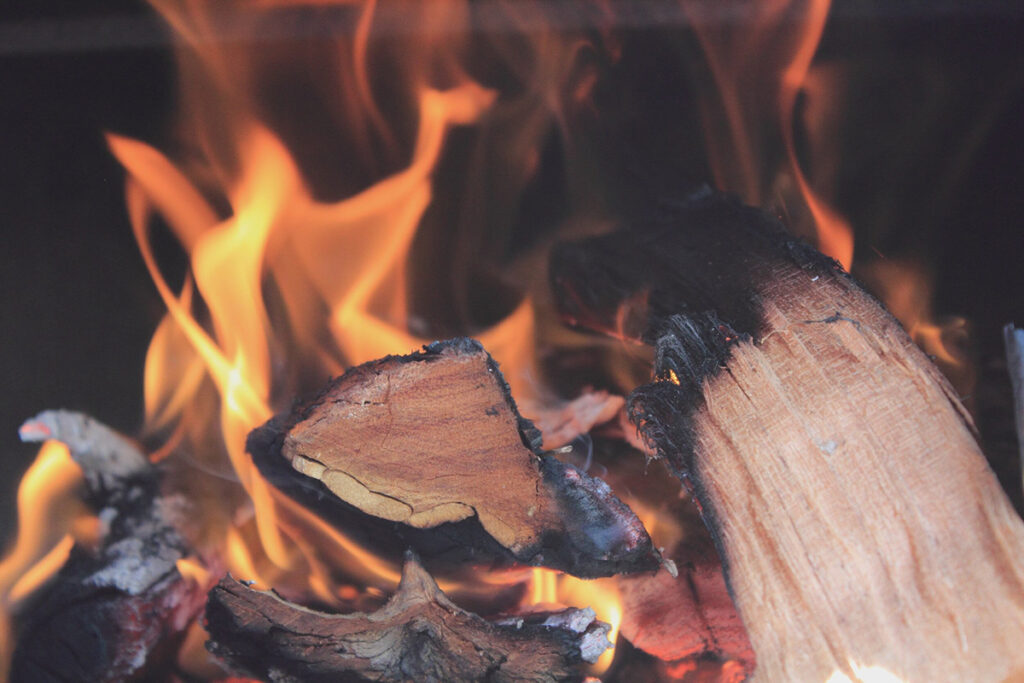As the temperatures begin to decline, there’s nothing quite like snuggling up to a crackling fire to keep you warm and cozy. But before you light up that fireplace or wood stove, it’s essential to understand the importance of properly seasoned firewood. Seasoning firewood not only ensures efficient and effective burning but also prolongs the lifespan of your wood-burning appliance.
What is Seasoned Firewood?
Seasoned firewood is wood that has been dried sufficiently to contain minimal moisture content. Typically, freshly cut firewood can have a moisture content of around 50%. However, to achieve optimal combustion, the wood should ideally be seasoned until it reaches a moisture content of around 20%. This drying process removes excess moisture, making the firewood burn hotter, cleaner, and more efficiently.
Why is Seasoning Important?
1. Higher Heat Output: Moisture in firewood requires energy to evaporate before it can start burning. By reducing the moisture content through seasoning, the firewood burns more readily, generating higher heat output and providing better warmth.
2. Reduced Smoke and Creosote: High moisture content in firewood leads to excessive smoke production, which not only pollutes the air but can also cause chimney blockages. Properly seasoned firewood minimizes smoke and reduces the buildup of creosote, a flammable and potentially hazardous substance.
3. Extended Appliance Lifespan: Burning wet or unseasoned firewood forces your wood-burning appliance to work harder to produce heat. This added strain can contribute to premature wear and tear, resulting in costly repairs or even the need for replacement.

